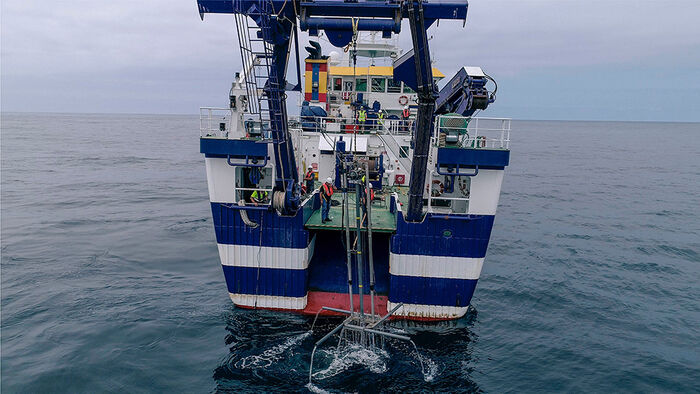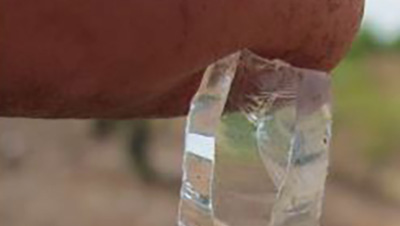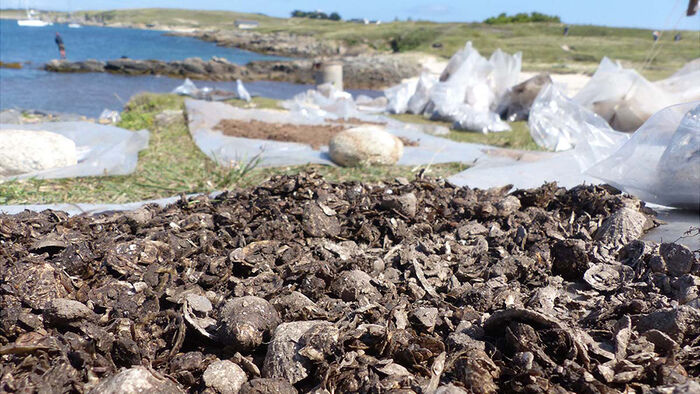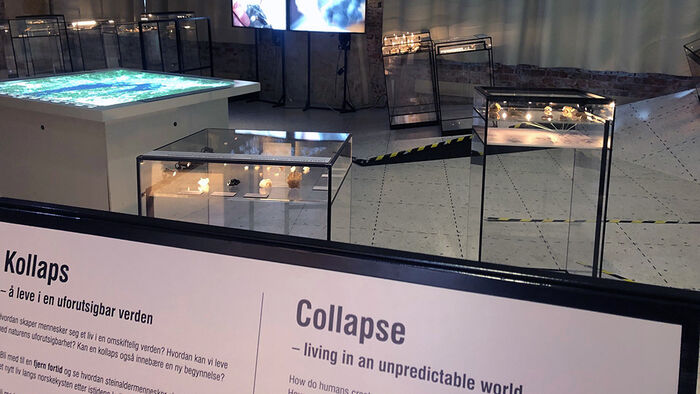The research of the ArCHe Doctoral Network focuses on challenges that the Stone Age legacy faces in coastal landscapes across Europe.
The following five challenges constitute the foundation of our research. We approach them in a holistic manner.
1. Temporal fracturing
Previous understanding of archaeological Stone Age coastal sites has failed to properly integrate the connection between knowledge about the sites’ role in the past, their present material condition and their future value, yielding a temporal disconnect.
ArCHe integrates the study and the present and future management of Stone Age coastal sites, setting out a new approach to Stone Age coastal areas across Europe and their past and future condition.
2. Different preservation conditions
Coastal environment diversity across Europe results in different preservation conditions of archaeological remains. This creates biases as there are different types of archaeological material preserved in different regions.
ArCHe applies a comparative and synergetic approach to compare the different coastal environments and preservation conditions related to environmental preconditions but also different modern use and development, identifying similarities and gaps and connect and cross-fertilize methods for and apporaches to preservation.
3. Threatened heritage under water and on land
There has been insufficient efforts to integrate Stone Age hunter-fisher-gatherer finds and sites under water and on land.
ArCHe connects the regionally diverse present situations with submerged past coastal areas and sites, with those that are buried by sediments and those preserved on dry land, identifying how they are threatened in different ways and developing measures for their protection.
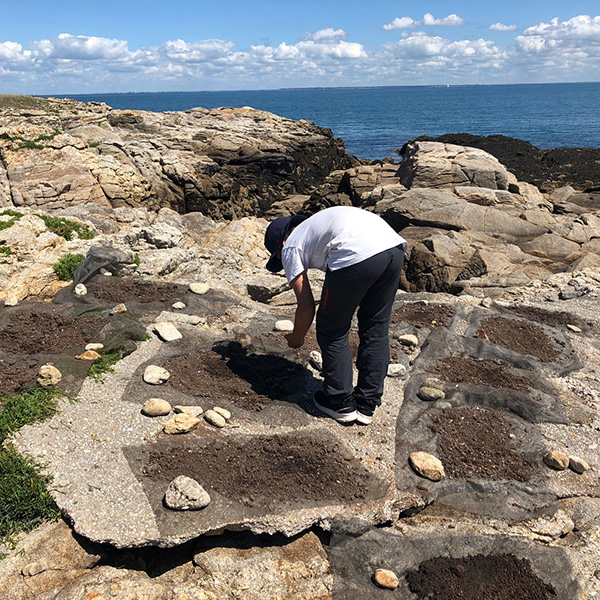
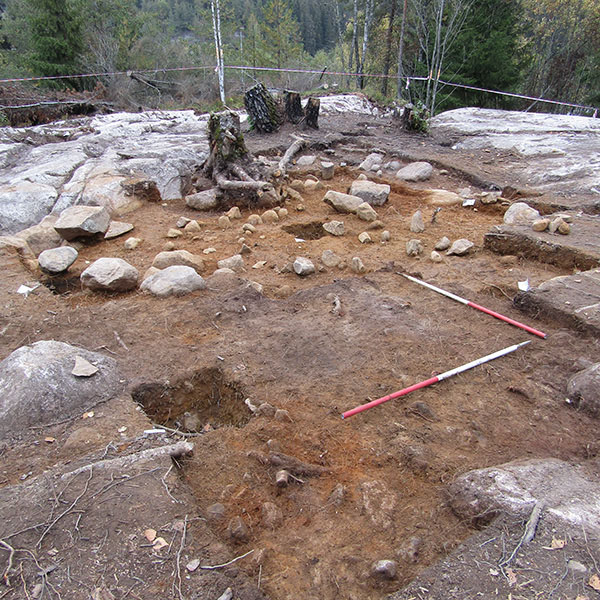
4. Interpretative regionalisation
Region-specific preservation conditions, types of finds and methodologies to approach them, have created interpretative biases.
By identifying gaps in find material, methods and interpretation and by cross-fertilizing the situations in different European regions, ArCHe overcomes these biases, providing a more holistic approach to the past.
5. Overlooked hunter-fisher-gatherer remains
Archaeological remains that witness of coastal hunter-fisher-gatherers are fragile and often invisible to the untrained eye and are therefore often overlook or undercommunicated.
ArCHe studies present archaeological practices and sites in the landscape from an outside perspective. By focusing both on present and future management and communication of Stone Age coastal sites, and on the present and future integration of this heritage into communities, ArCHe develops new modes of integrating these sites in today’s lived landscapes.
Scientific work packages
ArCHe aproaches the challenges listed above through four scientific work packages.
-
WP2: Coastal territories and environmental threats
This work package addresses current environmental threats to Stone Age coastal landscapes.
-
WP3: Dwelling in coastal areas
This work package studies how Stone Age hunter-fisher-gatherers dwelt in the coastal areas of Europe.
-
WP4: Managing coastal resources
This work package investigates Stone Age hunter-fisher-gatherer management of marine resources.
-
WP5: Coastal Stone Age as contemporary heritage
This work package studies the present context and situatedness of Stone Age hunter-fisher-gatherers coastal heritage and future approaches to it.
Contact
For inquiries about DN ArCHe's research, contact Project Coordinator professor Almut Schülke:

